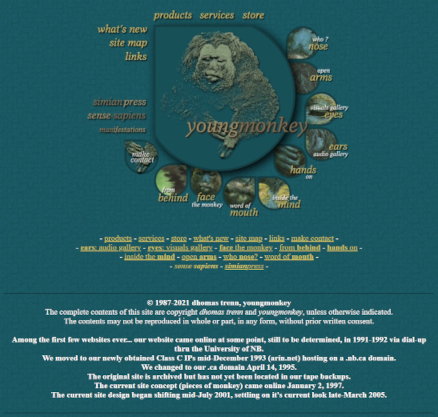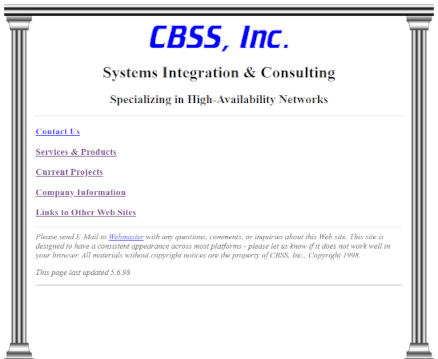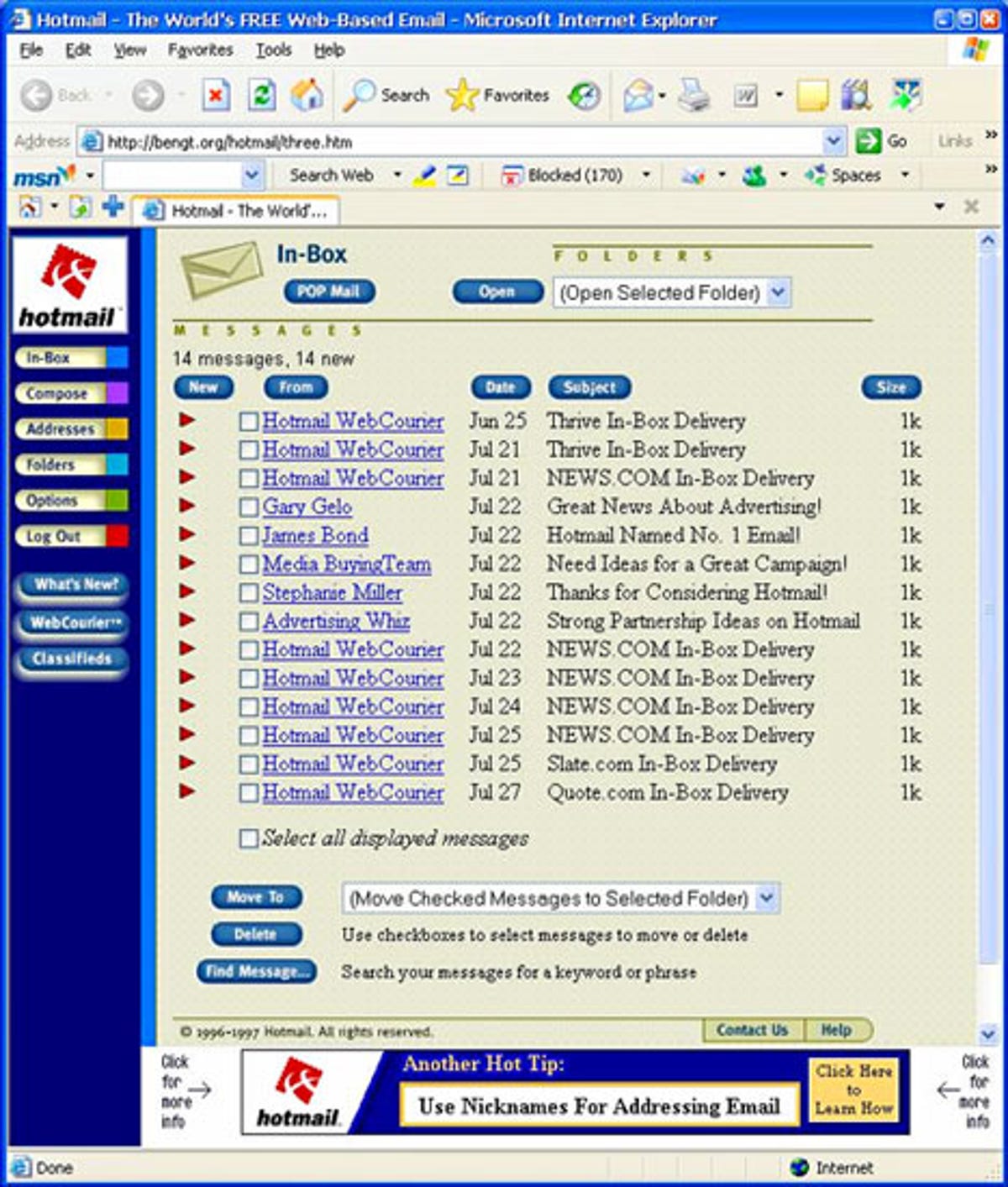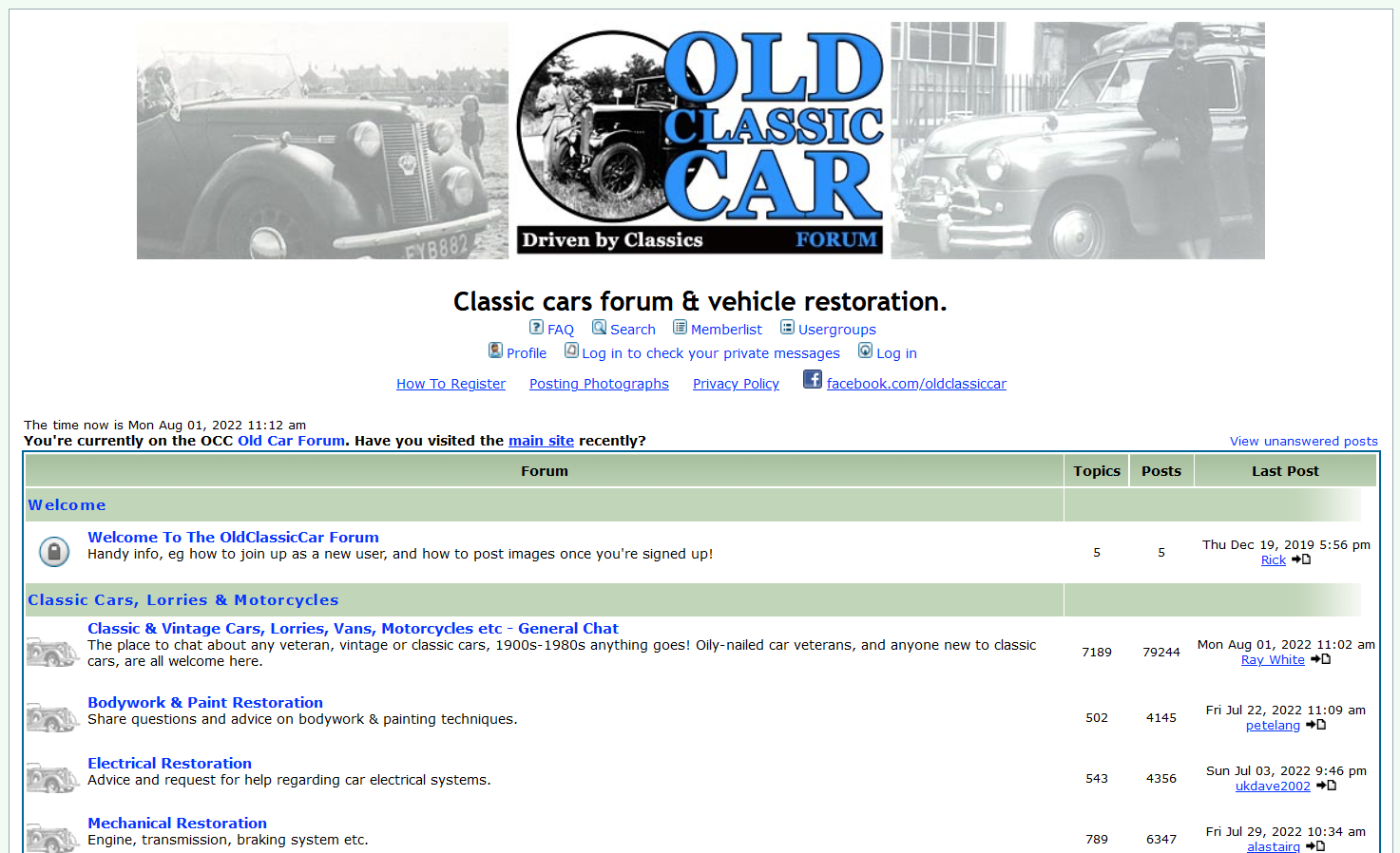World Wide Web Day 2022: How the Web has changed since its launch 32 years ago
It's been 32 years since Tim Berners-Lee launched CERN's internal network of shared documents that would ultimately become the World Wide Web as we know it. Read on to find out how the Web has changed since then!
The World Wide Web opened an entirely new world of possibilities and opportunities, but if you weren't there to see it just after its inception, you would hardly recognize it today. The early Web was a place of cutting-edge exploration and novelty, a space where researchers and early Web enthusiasts made their ideas come to life within the confines of the Web's limitations.
The Web experienced massive growth in the early years, shooting up from 130 websites in mid-1993 to 23,500 in 1995 and 230,000 in 1996 (source). Among the earliest websites were those belonging to various research institutions and universities, but even as early as 1992, the first personal and commercial websites started popping up.


Interesting fact: A website feature that has been lost as browsers became more sophisticated - the Back hyperlink.
But apart from the (quite obvious) look and feel, much has changed in the way the Web actually works and how it affects our day-to-day lives.
Privacy on the Web
Back in the Web's early growth years, people took privacy and anonymity online as something that was given. As drawn by Peter Steiner in 1993 for The New Yorker, "On the Internet, nobody knows you're a dog."

A tongue-in-cheek reference to the fact that anybody could pretend to be something they're not, this cartoon strikes differently in times of online surveillance, privacy breaches, and mass personal data collection.
These days, you might pretend you're human, but unless you take specific measures, tech corporations and/or government agents could assemble enough data to figure out that you are, in fact, a dog.
Many individuals and organizations fight for online privacy, and several battles in this space have already been won (for example, GDPR, for all its flaws, greatly empowered internet users regarding their personal data). But as long as data remains the fuel that powers online advertising, the fight will continue.
Communication and collaboration
The most widespread online mode of communication in the baby World Wide Web era actually had nothing to do with it. Email has been around for decades longer, having consolidated into a form using the familiar @-symbol username syntax by 1971, when the first network mail was sent on ARPANET.
 Image borrowed from Cnet.
Image borrowed from Cnet.
It is no doubt, however, that the Web made email much more accessible to everyone, especially once you could create a free email account using services like Hotmail (and later, Gmail).
Another format of communication that was transplanted to the Web from earlier Internet solutions was the internet forum. Dial-up bulletin board systems and Usenet networks had been around since the late 1970s, but they were eventually replaced with web-based forums as early on as 1994.

Although independent web forums most likely peaked in the early 2000s before being largely substituted by social media networks like Facebook and Reddit, many of them still thrive today.
Most importantly, however, these modes of communication and collaboration came into the mainstream and into people's homes together with the Web. They fostered connections among individuals with shared interests dispersed all around the globe.
And, not unimportantly, they facilitated the development of other collaboration tools that later allowed millions of people to work remotely using just a computer and an Internet connection. Ahem, 2020!
Search and discovery
The first major game-changer to how we interact with the Web and access websites arrived in 1998 - Google was officially launched. While it was certainly not the first search engine (that was JumpStation, launched in 1993), it developed a unique algorithm which had an important impact on search results as well as website content.
Google's algo takes into account not only the keywords found in a website's content but also the website's 'reputation'. While the formula itself is a closely guarded secret, the gist of it is that it takes into account so-called backlinks: if other websites are linking to our website, this tells Google that the content of our website is reliable and a good result to display.
Speaking of algorithms, the Web went through its most impactful transformation with the rise of social media networks and, most importantly, their curation/personalization algorithms.
Social media, at its inception, was not so different to previously existing modes of communication, like forums, instant messaging, or personal blogs. But once personalization algorithms were introduced to increase engagement and duration of use, users unknowingly found themselves in an echoing personal bubble.
There are two sides to this coin, of course. With websites now numbering in the millions and an endless amount of content right at your fingertips, ready to be consumed, it's plain that users need a way to filter out what they're not interested in. Perhaps the future lies in combining human curation with more empowering algorithm customization?
Services go online
The Web began mostly as a network of interlinked documents with mostly one-directional communication, but this soon changed. The commercial potential of the network would be identified by a number of entrepreneurs, researchers, and software developers. Many focused on their visions of bringing services like retail shopping, banking, insurance, and telecommunications online.
In August 1994, Pizza Hut launched PizzaNet, a program allowing internet users to order pizza delivery online. That same year, Portland independent bookstore chain Powell's launched their e-commerce website, becoming the first online bookseller - before Amazon!
Other retail companies and newcomers soon followed suit, leading up to the dot-com boom of the late 1990s. While many companies didn't make it out of the market crash that followed, many actually stuck around - and those that didn't made for excellent case studies and lessons learned for entrepreneurs who would try something similar a few years down the line.
The biggest disruption partly enabled by the Web happened in the music and tv/video industries. While file-sharing programs were not essentially Web-based, they did use the Web as a promotional platform to spread among users. Napster ended up a failure, but it showed an enormous demand for the content which would later be served by Web-based streaming services like YouTube, Spotify, internet radio, and others.
What the future holds
The World Wide Web was released to the public because, as Berners-Lee puts it, it is and should be a public good accessible to everybody. It has expanded its reach beyond borders and across oceans, but there are still populations that are underserved, particularly in the Global South. The Web is an important force for humanity and all of humanity should be able to benefit from it.
As we were able to see in the 2011 Egyptian uprisings, the Web can be an important tool for people's self-realization, but it is vulnerable to governments who would shut it down or impose limits. In truth, many countries impose bans or other kinds of limitations on Internet traffic. A unified umbrella of laws and rules that will securely safeguard the people's right to access the Web is a concept that many activists in the field advocate.
Beyond access, the Web faces a number of issues that will need to be resolved with different stakeholders working together - NGOs, governments, tech companies, researchers, and others. The attention economy and its impact on the most vulnerable members of society, the positive feedback loops giving rise to misinformation - these are issues society needs to work on as a whole.
Want to talk to us? Join us on the Koofr subreddit!


